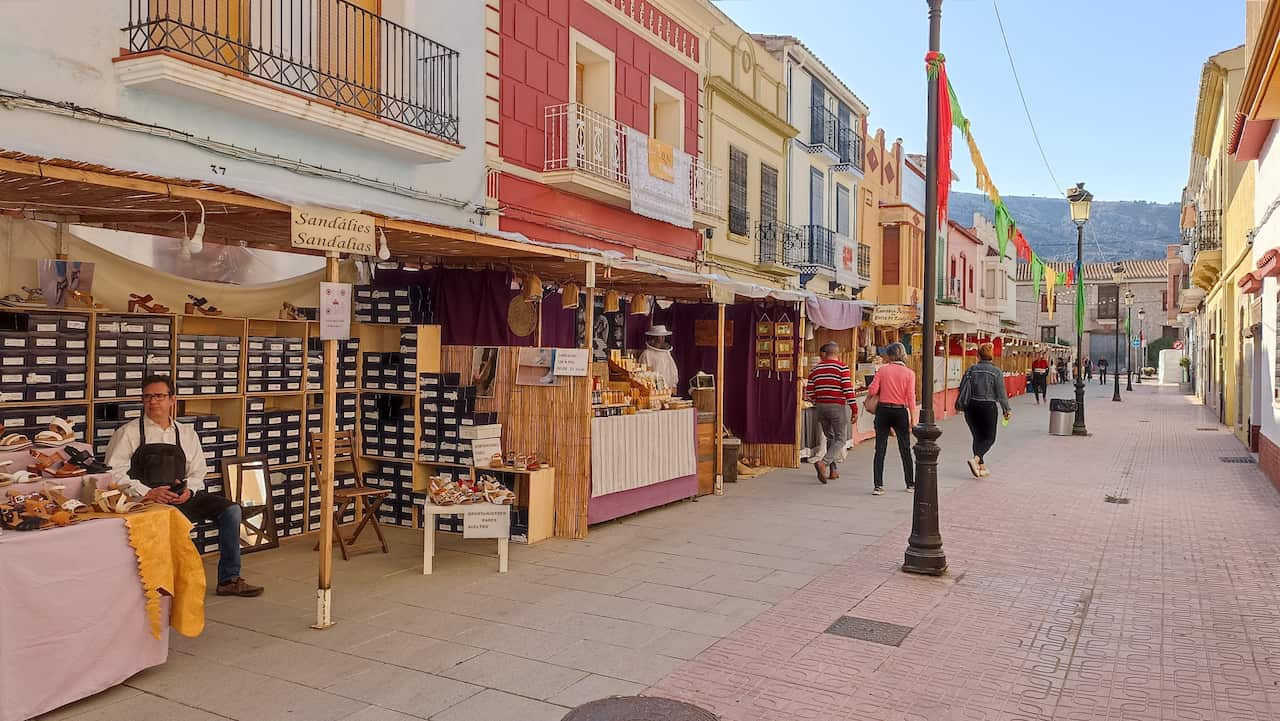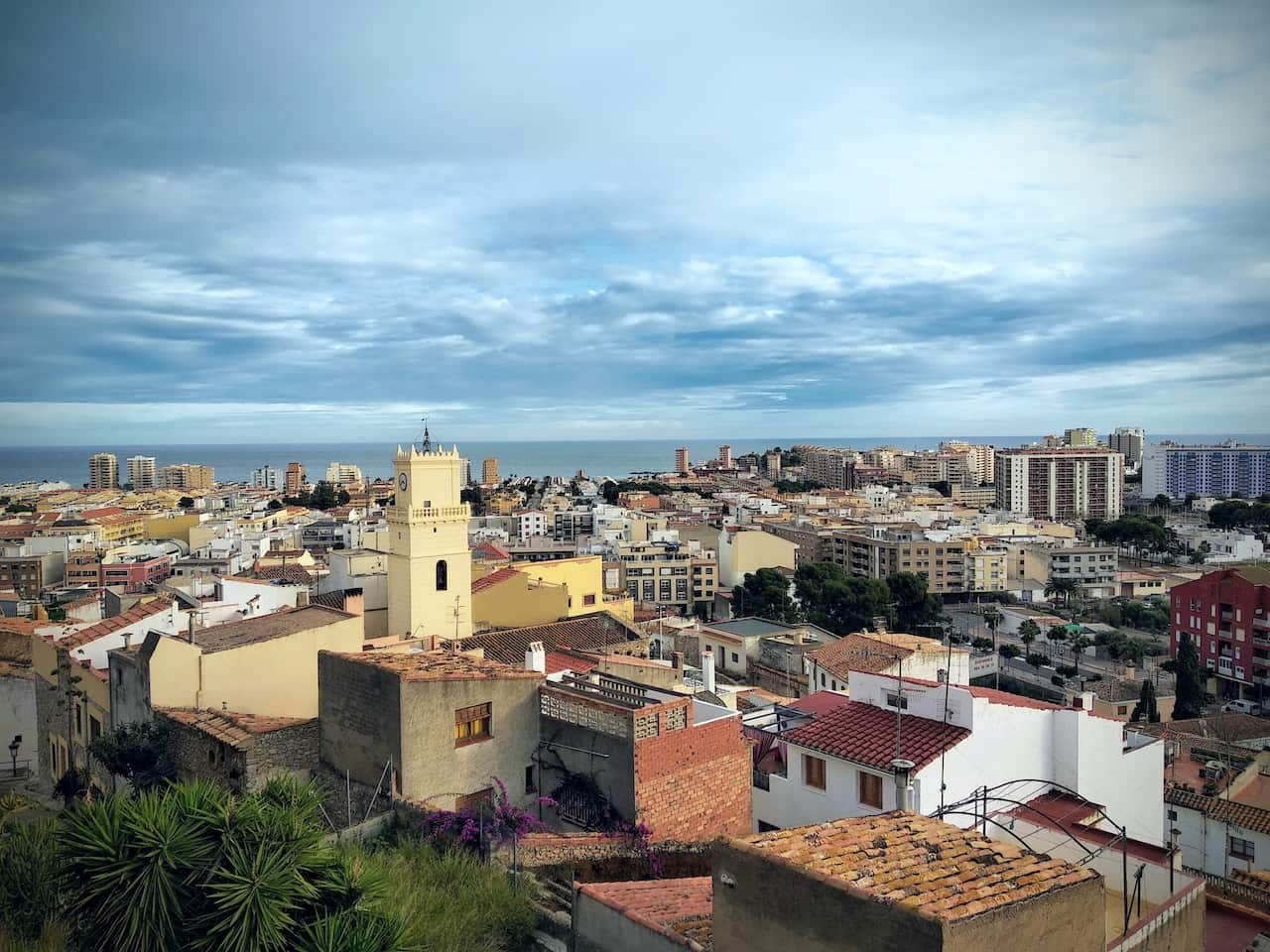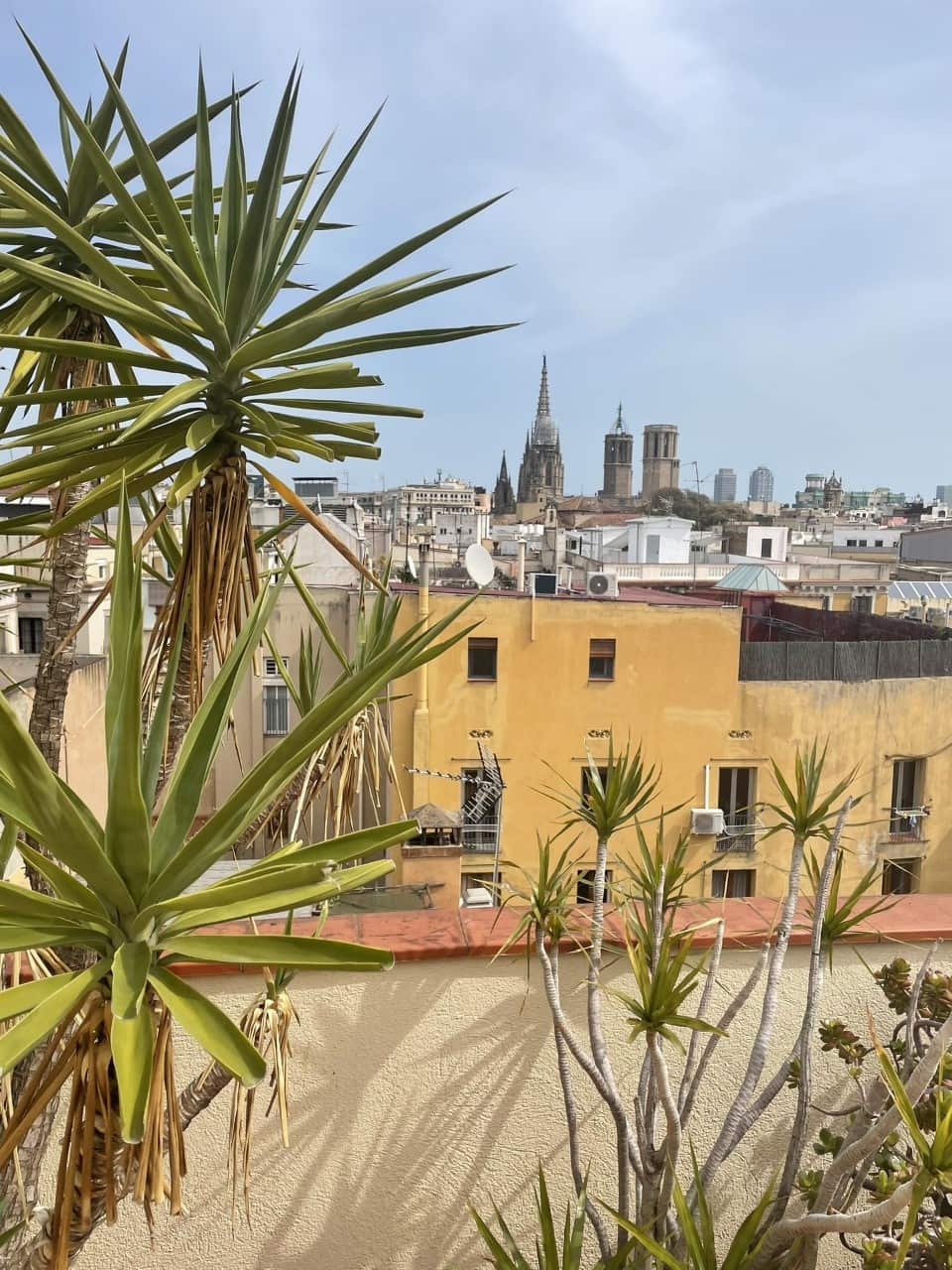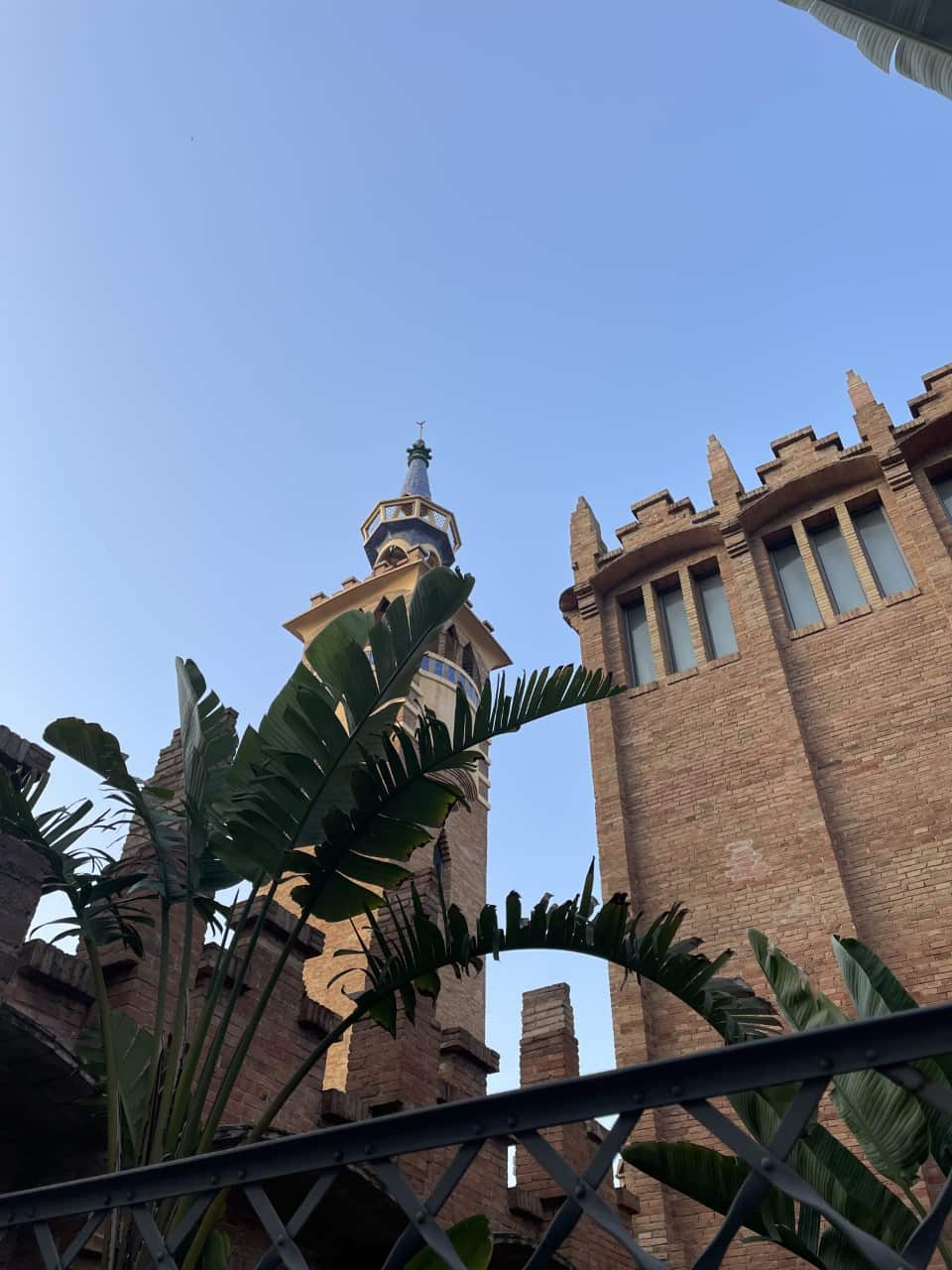Highlights
- SBS Russian's podcast series, Escaping Putin's Russia, follows the wave of immigration from Russia following the country’s war on Ukraine.
- Over 22,000 people left Russia for Spain in the first quarter of 2022, according to the official Russian statistical agency EMISS.
- Russians need a visa to enter the majority of European countries.
SBS Russian has launched a new podcast series, POUYEHALI or Escaping Putin's Russia, about the ongoing wave of immigration from Russia. Each episode delves into one country of destination, the second being Spain.
To enter European Union member countries, Russians need to obtain a visa which takes time and paperwork. That meant that those looking to flee the country for Europe right after Vladimir Putin's army invaded Ukraine on February 24 needed to have at least a Schengen tourist visa.
While Russian dissident communities have grown in nearby countries where visas are not required like Georgia, a former Soviet republic, and Turkey, a popular tourist destination for Russians, many with European Union visas have relocated further afield.
For Svetlana Evseeva, 54, a long-time employee of the Embassy of Spain in the Russian Federation, the choice was obvious.
She and her husband, photographer Igor Oliferovsky, 58, started on their way to Spain on March 14, two and a half weeks after Russia's invasion of Ukraine commenced.
They own a property in a small town in the Province of Castellón, not far from Valencia, which they bought in 2015 with a mortgage.

After the war began, the Central Bank of Russia introduced severe restrictions on the transfer of money from Russia abroad.
“Because of these restrictions we couldn’t pay our mortgage, so we decided to go to Spain and figure out what to do with the apartment, whether to sell it or stay in it,” Ms Evseeva tells SBS Russian.
Their grownup children and grandchildren live in Europe. As Mr Oliferovsky says, the couple did not want “a new iron curtain to fall” between them and their family.
'I could be recognised as a foreign agent'
Being an employee of the Embassy of Spain, Ms Evseeva was afraid she could be declared ‘a foreign agent’ in Russia - this status which used to be associated with spies from the Cold War era is often now applied to NGOs, media and private individuals who receive funding from overseas and carry out political activities.
On April 25, a draft law was submitted to the State Duma of Russia proposing to expand the criteria for recognising people and organisations as foreign agents for not just receiving funding from abroad, but also being "under foreign influence".
“We actively participated in the opposition movement in Russia in 2011-2012, went to rallies and had an active civil life until 2014," Ms Evseeva says.
"We felt then that we could make changes… But everything changed after 2014," she adds, referring to the year of the Euromaidan protest and revolution in Kyiv, annexation of Crimea by Russia, beginning of the war in Donbas and MH17 catastrophe.
While she says they continued to sign petitions and donate money to the opposition movement, they almost completely stopped participating in rallies.
“After the war began I signed petitions calling to stop the war. I was scared. I could be recognised as a foreign agent at any moment," Ms Evseeva shares.
I couldn’t say anything [being in Russia], I couldn’t even think anything, I couldn’t do anything, I was afraid even to like something wrong on social media.

Moving out of Russia
By the time Ms Evseeva and Mr Oliferovsky decided to go to Spain in mid-March it was hard to leave Russia by air.
The majority of European countries had paused flights to and from Russia. The best option was a flight via Istanbul, Turkey, which still had air traffic with Russia.
But Mr Oliferovsky says the tickets cost several times more than usual, so they decided to go by bus from Moscow to Riga in Latvia, then to Madrid, Valencia and finally to Castellón.
Near the Latvia-Russia border, Ms Evseeva says their bus was stopped, they were asked to go outside and prepare their documents.
"It was 4 am and minus 10 degrees Celsius," she says.
At first, they were told that the documents were not enough, and they were given a taxi number to go to the nearest settlement. But after their daughter sent a photo of her documents confirming her residency in the European Union, the couple were let through.
“The worst thing was that there were refugees from Ukraine next to us, and the Russian border guards, mockingly, told them: we will let the mother and the eldest son through, but the three girls from 10 to 15 years old must stay in the Russian Federation, because they do not have enough documents,” Ms Evseeva says.
She explains that it was after this night that they decided they would stay in Spain for good. The couple have since applied for political refugee visas.
“I’m 58, and I feel like I’m starting everything all over again,” Mr Oliferovsky says.
'I didn’t want to be cut off from technology, knowledge and the market'
Art director and designer Galina Vorobieva flew to Barcelona from Moscow on February 25, having booked one of the last tickets for the day. This was when planes from Russia were still flying over Europe.
In Barcelona, Ms Vorobieva was waited on by her partner Ivan, a project manager from Moscow who moved to Spain with friends in October 2021 on a Polish work visa.

Ms Vorobieva says that shortly after arriving in Spain her VISA and Mastercard bank cards issued in Russia stopped working.
“I found out that Russian cards and money would not work, so we had to take manoeuvres to create a digital card and find in Barcelona, which is less digitalised than Moscow, an ATM that accepts digital cards. One morning we must have raided all the ATMs in Barcelona,” she says.
However, she says this quest did little to distract her from what was happening in Ukraine.
“Luckily my partner and his friends were here. When not communicating with them, I either worked or scrolled my Instagram feed and sobbed non-stop over it.”

Ms Vorobieva says that due to the large number of migrants, it was difficult to find housing in Barcelona, so they decided to spend the summer in regional Spain, before returning to the city in autumn.
They both work as freelancers and are not tied to a place.
“For Russia and Belarus, all European freelance exchanges are now closed. In Moscow, I could neither do my work nor receive payment for it. Even more, in Moscow they no longer renew the subscription to the Adobe program, which is very important for designers.
"Here, of course, everything works," Ms Vorobieva says.
For me, this is super important, because [in Russia] you can be cut off from global knowledge and technology.
'Not coming back while Navalny is in prison'
According to EMISS, the official Russian statistical agency, 22,686 people left Russia for Spain in the first quarter of 2022 - a number that includes those who went there on vacation, for work or to see relatives.
This was almost double the number of people for the first quarter of last year when the world was in the grip of the pandemic.
Mr Oliferovsky says he will not return to Russia until the Kremlin's main critic, Alexei Navalny, is released from prison and "when some law and justice is at least a little established".
Ms Vorobieva and her partner are not thinking about coming back, and say they want to learn Spanish and settle down.
Ms Evseeva says that the war in Ukraine "crossed out" everything she has worked for over the past 30 years.
New episodes of the podcast series “POUYEHALI” (Escaping Putin's Russia) by SBS Russian are published every Tuesday.
